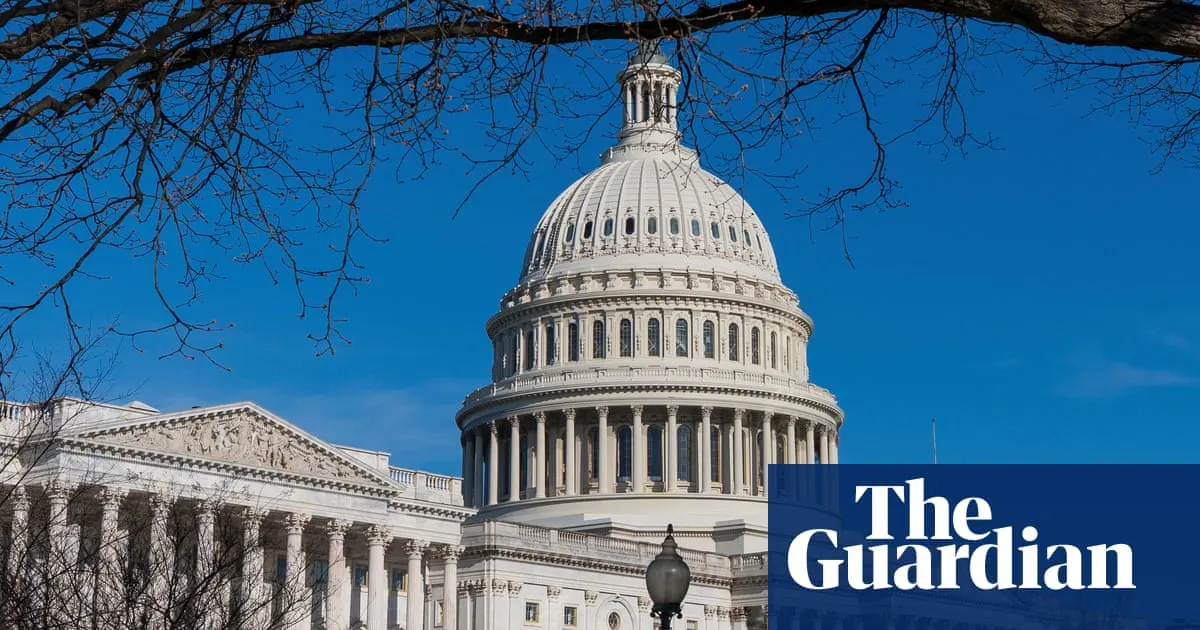
A federal judge in California has ruled that Donald Trump’s administration must temporarily halt its extensive government overhaul. The ruling comes as Congress has not authorized the administration to implement large-scale staffing cuts and restructure federal agencies. U.S. District Judge Susan Illston, based in San Francisco, sided with a coalition of unions, non-profits, and local governments, blocking significant layoffs known as “reductions in force” for a period of 14 days.
In her ruling, Judge Illston stated, “As history demonstrates, the president may broadly restructure federal agencies only when authorized by Congress.” This decision marks one of the most comprehensive judicial actions against the Trump administration's government overhaul, which has been largely influenced by Elon Musk, the CEO of Tesla and the world’s richest person. The White House has yet to respond to requests for comments regarding this ruling.
The ruling is part of a broader legal challenge against the so-called Department of Government Efficiency (Doge). This department has faced numerous lawsuits on various grounds, including allegations of violating privacy laws and exceeding its authority. The outcomes of these lawsuits have varied, reflecting the contentious nature of the government's restructuring efforts.
In February, President Trump directed government agencies to collaborate with Doge to identify potential targets for mass layoffs as part of his administration's restructuring plans. The president called for the elimination of duplicative roles, unnecessary management levels, and non-critical positions, while also promoting the automation of routine tasks, closure of regional field offices, and a reduction in the use of external contractors.
The coalition of plaintiffs expressed their concerns in a statement, stating, “The Trump administration’s unlawful attempt to reorganize the federal government has thrown agencies into chaos, disrupting critical services provided across our nation.” They emphasized that their communities are deeply invested in the efficiency of federal operations and that haphazard layoffs do not contribute to achieving that goal.
Judge Illston has scheduled a hearing for May 22 to consider a more lasting preliminary injunction against the restructuring efforts. She indicated that the plaintiffs are likely to succeed on the merits of some claims in their lawsuit, which was filed on April 28 and alleges that Trump exceeded his authority. Moreover, the lawsuit also claims that the office of management and budget, Doge, and the office of personnel management have overstepped their bounds and violated administrative law.
In her ruling, Illston noted that the plaintiffs could suffer irreparable harm without the temporary restraining order, which she stated would preserve the status quo. She highlighted that the plaintiffs had submitted over 1,000 pages of evidence and 62 sworn declarations. For example, she pointed out that the National Institute for Occupational Safety and Health had terminated 221 out of its 222 workers in its Pittsburgh office, as reported by the union. Similar terminations have been observed in local offices of the Farm Service Agency, the Social Security Administration, and the Head Start program, which supports early learning.
Judge Illston concluded her ruling by emphasizing that the court was not merely considering the potential loss of income for individual employees, but rather the broader impact of widespread terminations on salaries, benefits, families, and communities as a whole.